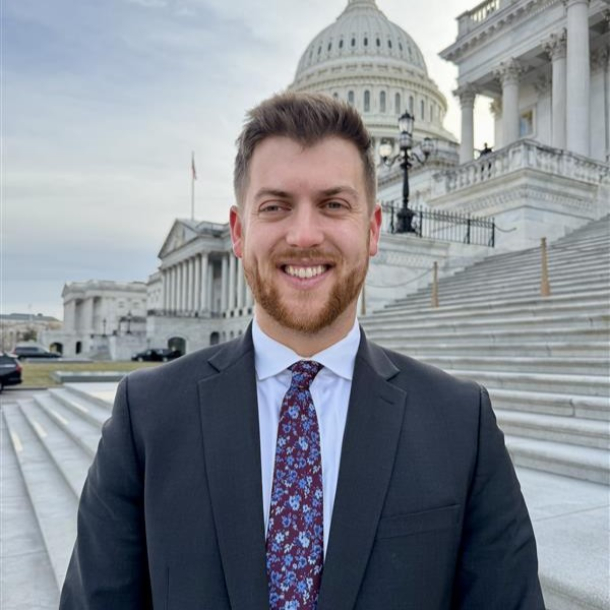Legislative Analysis for Counties: Farm, Food, and National Security Act

Author

Owen Hart

Zeke Lee

Joe Jackson
Upcoming Events
Related News
As the governing authority over the U.S. Department of Agriculture (USDA), the Farm Bill is critical for counties who are responsible for delivering and administering vital services to many of our nation’s vulnerable families. The $1.5 trillion legislative package authorizes a suite of programs that help counties make critical investments in infrastructure, economic development, workforce training, nutrition and conservation within some of our nation's most underserved communities.
After months of negotiations, lawmakers on the House Committee on Agriculture advanced their version of the 2024 Farm Bill, dubbed the Farm, Food, and National Security Act of 2024 (H.R. 8467), after a committee markup on May 23. The bipartisan legislative package passed 31-22 with full support from committee Republicans and four Democratic votes.
Thanks to NACo's advocacy efforts, the Farm, Food, and National Security Act includes key wins for county governments, including increased funding for rural development programs, certain improvements to federal nutrition programs, more robust support for new and beginning farmers, the expansion of key land management authorities to county governments and a three-year reauthorization of the Secure Rural Schools (SRS) program.
Resource
Primer for Counties: 2026 Farm Bill Reauthorization

Related News

National Association of Counties Reinforces Intergovernmental Partnership in Response to State of the Union Address
The National Association of Counties (NACo) responded to President Trump’s State of the Union address with a statement from Executive Director Matthew Chase.

Local government organizations send letter in support of the BASICS Act to congressional leaders
On February 16, nearly 80 state associations of counties and municipal leagues representing local governments in all 50 states sent a letter to the leaders of the U.S. House Committee on Transportation and Infrastructure and the U.S. Senate Committee on Environment and Public Works expressing their support for the Bridges And Safety Infrastructure for Community Success (BASICS) Act (H.R. 7437) and urging its inclusion in the next surface transportation reauthorization bill.

California counties fight agricultural crime
Sheriffs' offices and prosecutors in California's central valley make specific efforts to prevent and prosecute crimes against the agricultural community.
